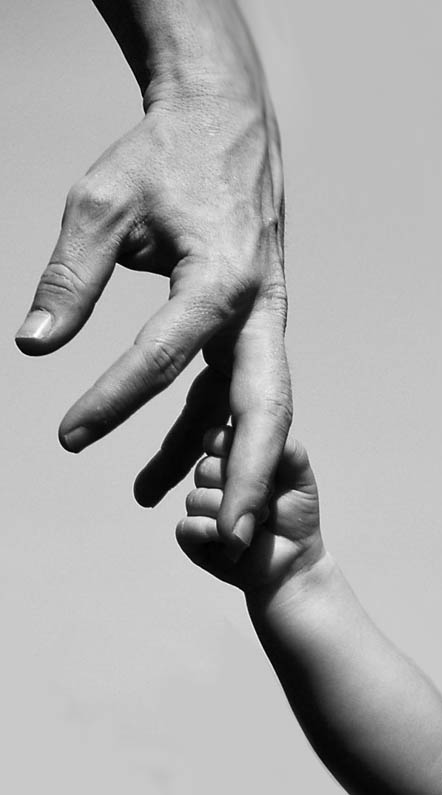Danger Zone: Trust in the Church
“In God we trust. All others pay cash.”
That’s a fairly common American sentiment.
 The Church has a way of warping our innate sense of caution. The old hymn teaches us to “Trust and obey, for there’s no other way to be happy in Jesus.”
The Church has a way of warping our innate sense of caution. The old hymn teaches us to “Trust and obey, for there’s no other way to be happy in Jesus.”
The concept of trust in God, foundational to our faith, gets projected onto trust in people, trust in leaders, trust in the hierarchy. People may not be asked to trust church leaders, but there is an expectation that they are worthy of trust. So why not?!
There are good answers to that question.
Why not?
Because Church leaders are people. Church leaders are subject to the same temptations and challenges in life. They are just as capable of self-interest and foolishness. Donning a collar or a fancy robe or hat does not change human nature.
Placing unquestioning trust in Church leaders is all the more dangerous because trust in people becomes intertwined with trust in God. If we challenge people in the Church, are we challenging God?
Recent struggles in the Church suggest that blind trust in Church leadership is no more fruitful than blind trust in politicians. Children have had their lives shattered because they trusted men whom the Church presented as trustworthy. It took decades for Church leaders to come to grips with the problem. There is no reason to mention the expense. The price paid by the victims is so much higher.
Stories that make the news are not isolated. The Church shatters relationships with the faithful in other ways as well. It is just as slow to self-correct. It may even be impossible.
Seth Godin wrote yesterday on the subject of trust. He made a valid observation. Trust grows in times of crisis, when leaders stand by their people, when the going is tough, when it would be easier to run or hide, abandoning the faithful—or to lie.
Indeed, it is in times of crisis that trustworthiness shows its mettle. It is rarely seen in today’s Church.
